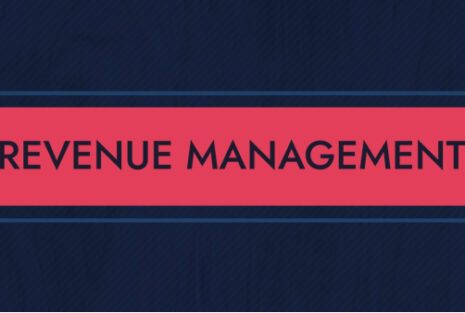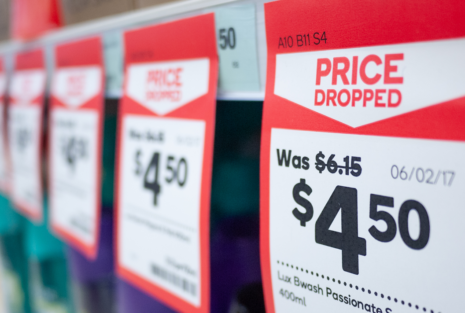Yield management
Yield management is one of the main hotel revenue management strategies that aims at precisely predicting customer behavior and setting the optimal price that will allow hoteliers to sell rooms with maximum profit.
Though often used interchangeably with revenue management, yield management is a narrower concept, mainly focusing on adjusting pricing and encouraging more profitable bookings while managing expenses and marketing operations are out of its scope.
Some of the techniques applied within yield management to influence customer behavior and maximize revenue include
- Maximum length of stay (MaxLOS) which specifies a maximum number of nights that can be booked (to limit the availability of discounted rates);
- Minimum length of stay (MinLOS) which specifies a minimum number of nights that can be booked (to encourage longer visits);
- Closed to arrival which means that no reservations are allowed with guest arrival on a particular day (to lighten the workload of the front desk team on a busy day);
- Allotment which means giving your partners (e.g., wholesalers, travel agents, event organizers, or other resellers) a pre-negotiated number of rooms, often at a discounted rate; and
- Last room availability which implies guaranteed room availability at a pre-negotiated rate (to support last-minute reservations for business trips).
Bundling packages and encouraging group reservations are sometimes considered yield management techniques as well.
Yield management is closely related to demand forecasting and analyzing customer sensitivity to pricing (as it aims at selling the greatest number of rooms at the highest possible price according to customer demand). It’s also intertwined with the concept of dynamic pricing as market conditions must be constantly monitored to adjust the rates and update distribution strategy across sales channels.








